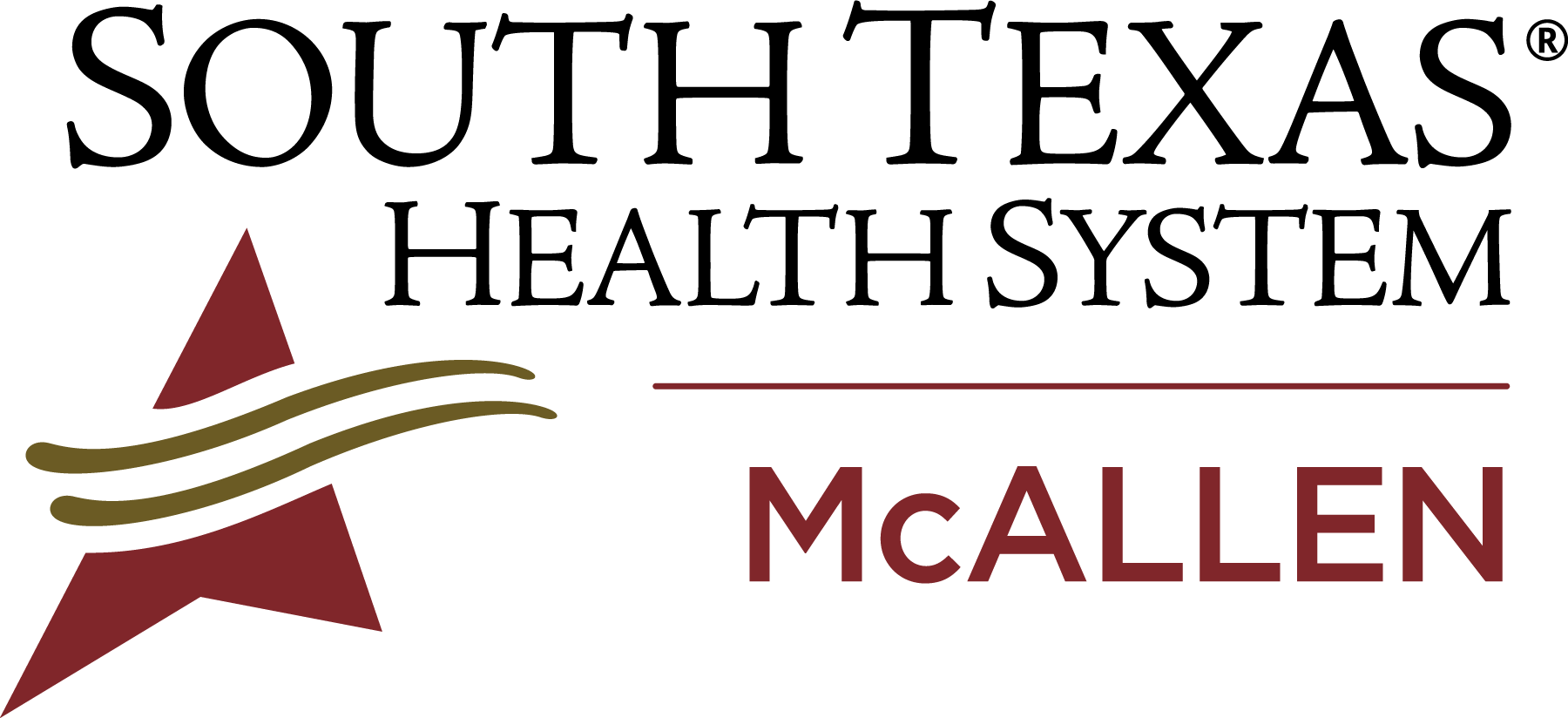South Texas Health System McAllen Continues Supporting Those Involved in Traumatic Events

It’s a surprising statistic: 70% of adults in the U.S. have experienced some type of traumatic event at least once in their lives, according to the National Council for Behavioral Health. Trauma can stem from violence, natural disasters, medical interventions, abuse and more. Even a minor vehicle accident can lead to psychological distress and lingering trauma.
For Valley residents who have experienced a traumatic event, support is available locally. In December 2021, South Texas Health System McAllen joined forces with the American Trauma Society to bring the first Trauma Survivors Network Support Group to the Rio Grande Valley to help support the comprehensive process of recovery of trauma survivors.
In addition to gaining support and hope from others facing similar experiences, the support group also helps trauma survivors and their families rebuild their lives and regain their overall confidence by learning new skills for coping and enhancing one’s life. Each session features a different topic of exploration for the entire group, with the participation of guest speakers to offer additional education and support.
Trauma Survivors Network Support Group
Meetings are led by a trauma survivor and a health professional involved in trauma patient care. Referrals to mental health and substance abuse services may be provided if needed.
When: The first Saturday of every month
Where: South Texas Health System Heart Clinic
500 E. Ridge Rd.
McAllen, TX 78503
Register: For more information and to register, visit the STHS McAllen Trauma Survivors Network.
While obtaining critical medical treatment and rehabilitation for the physical wounds of a traumatic injury are essential for the physical functioning of the individual, it’s also important to focus on the psychosocial health of the patient and their loved ones. Individuals who have suffered a mild traumatic brain injury — which can result from falls, vehicle collisions, sports injuries and more — have an increased risk of developing post-traumatic stress disorder (PTSD) and other major depressive disorders, according to the National Institute of Neurological Disorders and Stroke.
Emotional and psychological trauma is an emotional response to a distressing event or situation that breaks your sense of security. Traumatic experiences often involve a direct threat to life or safety, but anything that leaves you feeling overwhelmed or isolated can result in trauma. While it’s common for most people to deal with fear and anxiety during and immediately after a traumatic event, each person’s emotional response is unique. Some will naturally recover with time, while others may continue to experience symptoms of PTSD, such as guilt, anger, sadness, shame and grief.
